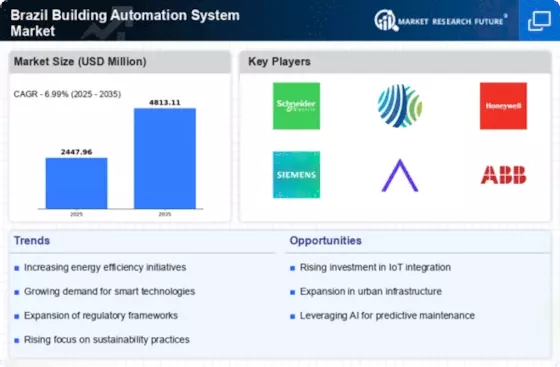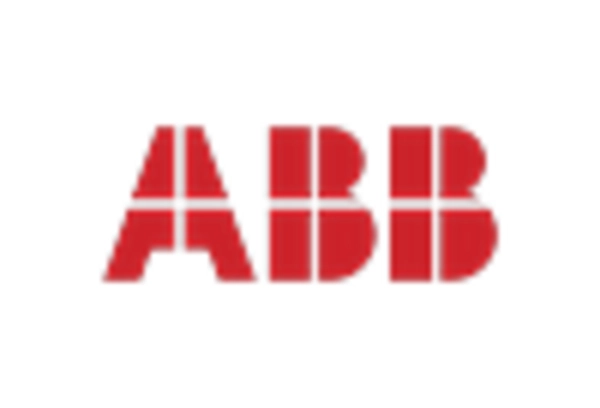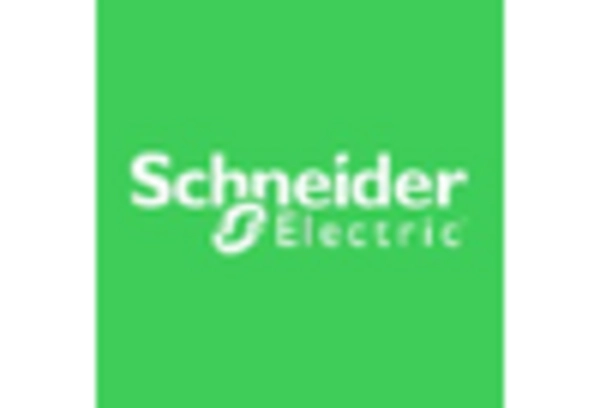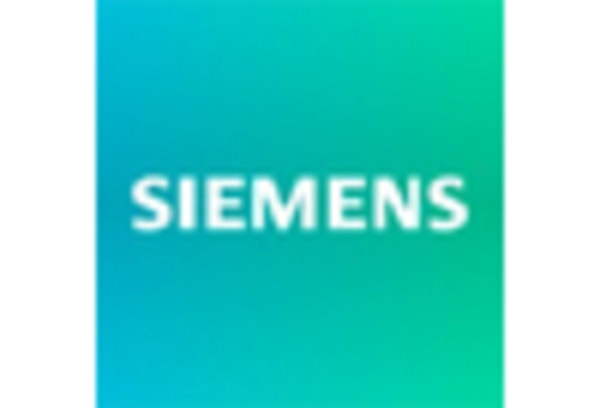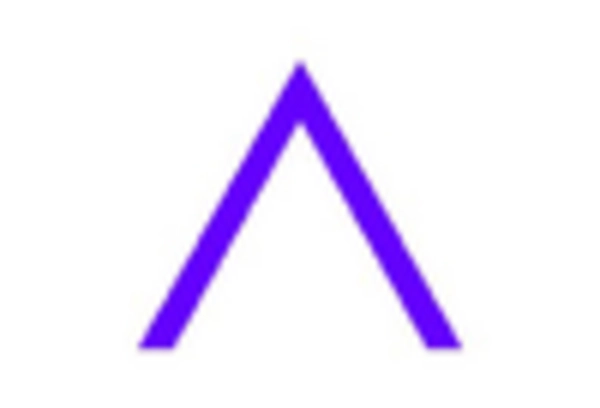Increasing Urbanization in Brazil
The rapid urbanization in Brazil is a pivotal driver for the Brazil Building Automation System Market. As more people migrate to urban areas, the demand for efficient building management systems escalates. Urban centers like Sao Paulo and Rio de Janeiro are experiencing significant population growth, leading to increased construction activities. This urban expansion necessitates advanced building automation solutions to manage energy consumption, security, and operational efficiency. According to recent data, urban areas in Brazil are projected to house over 85% of the population by 2030, which underscores the urgency for smart building technologies. Consequently, the Brazil Building Automation System Market is likely to witness substantial growth as developers and property managers seek to implement integrated systems that enhance the functionality and sustainability of urban buildings.
Government Regulations and Standards
The Brazilian government has been actively promoting regulations that encourage the adoption of building automation systems. Policies aimed at enhancing energy efficiency and reducing carbon emissions are becoming increasingly stringent. The National Policy on Climate Change and the Energy Efficiency Law are examples of frameworks that support the integration of smart technologies in buildings. These regulations not only aim to improve energy consumption but also to foster a competitive market for building automation solutions. As compliance becomes mandatory, the Brazil Building Automation System Market is expected to expand, with stakeholders investing in advanced technologies to meet these standards. The potential for government incentives further amplifies this trend, making it a crucial driver for market growth.
Growing Awareness of Energy Efficiency
There is a growing awareness of energy efficiency among Brazilian consumers and businesses, which serves as a significant driver for the Brazil Building Automation System Market. As energy prices continue to rise, both residential and commercial sectors are seeking solutions to reduce consumption and costs. Building automation systems offer a viable path to achieving these goals by optimizing energy use through intelligent controls and monitoring. The Brazilian government has also been promoting energy efficiency initiatives, further encouraging the adoption of smart technologies. Reports suggest that buildings equipped with automation systems can achieve energy savings of 20-30%, making them an attractive option for property owners. This heightened awareness is likely to propel the market, as stakeholders prioritize energy-efficient solutions.
Integration of Renewable Energy Sources
The integration of renewable energy sources into building systems is emerging as a crucial driver for the Brazil Building Automation System Market. With Brazil's commitment to sustainability and reducing reliance on fossil fuels, there is a growing trend towards incorporating solar panels and other renewable technologies in building designs. Building automation systems play a vital role in managing these energy sources effectively, ensuring optimal performance and energy savings. The Brazilian government has been supportive of renewable energy initiatives, providing incentives for buildings that utilize such technologies. As the market for renewable energy continues to expand, the demand for building automation systems that can seamlessly integrate these sources is likely to increase, further driving growth in the Brazil Building Automation System Market.
Technological Advancements in Automation
Technological advancements are significantly shaping the Brazil Building Automation System Market. Innovations in IoT, artificial intelligence, and machine learning are enabling more sophisticated building management systems. These technologies facilitate real-time monitoring and control of various building functions, such as lighting, HVAC, and security systems. The integration of smart sensors and devices allows for enhanced energy management, which is particularly relevant in Brazil's context of rising energy costs. Market data indicates that the adoption of these technologies could lead to energy savings of up to 30% in commercial buildings. As Brazilian companies increasingly recognize the benefits of automation, the demand for advanced building systems is likely to surge, driving the market forward.

